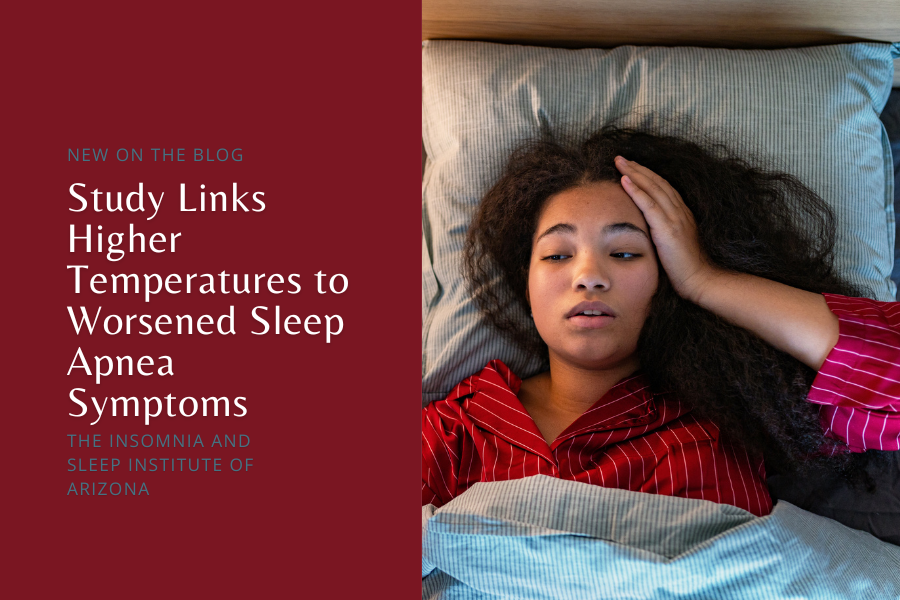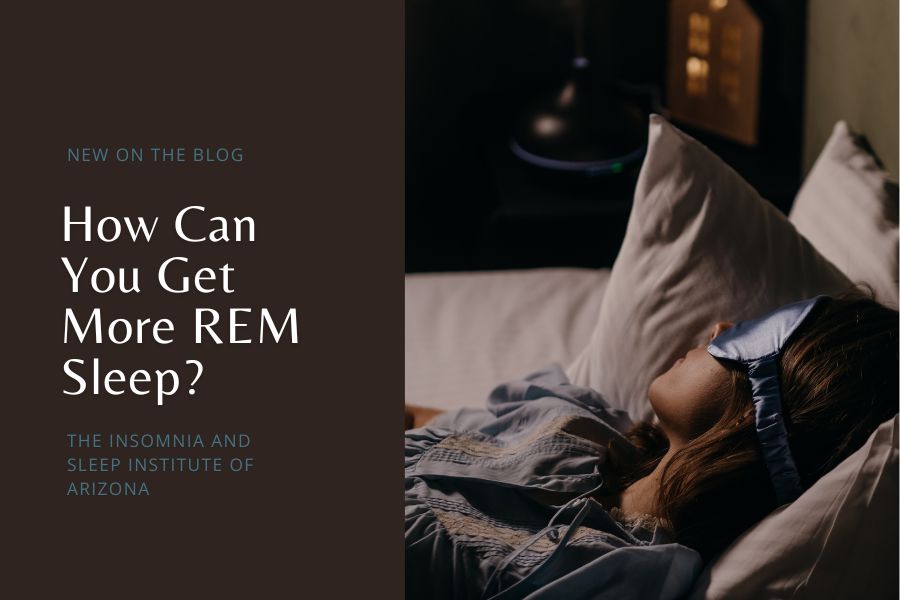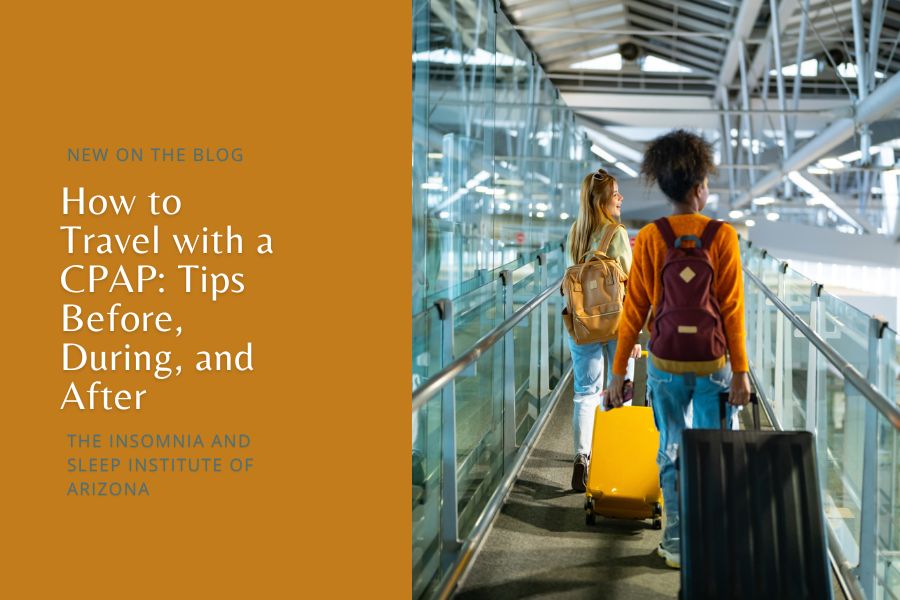CPAP has long been the gold standard in treating obstructive sleep apnea (OSA). OSA is one of the main reasons many patients come to The Insomnia and Sleep Institute of Arizona. Today, implants are available for some patients who are deemed CPAP intolerant, but what exactly does that phrase mean? Adherence remains notoriously low for CPAP usage, but that doesn’t necessarily mean a person is CPAP intolerant. For example, bad sleep hygiene, challenges with the upper airway, and barriers that can actually be broken down are not “CPAP intolerance.” Unfortunately, it is a term that is overused and misunderstood.
In the vast majority of cases, so-called CPAP intolerance is actually a barrier or series of barriers that can be surmounted. OSA is rarely a patient’s only sleep issue, and non-OSA disorders and problems can get in the way of CPAP usage. One of the most common problems is lack of sleep hygiene. These are behaviors that can interfere with getting and staying asleep which, in turn, interfere with CPAP therapy. For example, some patients will say that they can’t put on their CPAP mask because they need their glasses on to watch a show in bed—when it is never a good idea to have screen time right before going to sleep. In fact, you should avoid all screens at least two hours before bedtime.
Insomnia, RLS, and OSA
Insomnia is also a very common sleep disorder, and OSA can actually be one of the causes of chronic insomnia. Patients may also be compensating for OSA, knowingly or not, by doing things like drinking too much caffeine during the day, taking naps longer than 20 minutes, and smoking. All of these things also feed insomnia, and a vicious cycle begins. There are some patients with insomnia who are diagnosed with OSA and says that CPAP makes their insomnia worse. This is where cognitive behavioral therapy for insomnia (CBT-I) can help, and we have an expert on site who provides this therapy. Having trouble going to sleep or staying asleep isn’t in itself CPAP intolerance, but rather it may be insomnia which is exacerbating CPAP non-adherence.
Restless legs syndrome (RLS) is another commonly-identified sleep disorder that may occur with insomnia and/or OSA. Patients with RLS often complain about CPAP technologies and instabilities—and in some cases even blame CPAP for their RLS. However, there is no CPAP accessory that can seal well enough for someone with diagnosable RLS. The level of thrashing that can occur with this sleep disorder is going to interfere with any machinery. The good news is that there are treatment options for RLS, so getting RLS under control will in turn improve CPAP adherence. There are also cases of people with undiagnosed RLS who think the CPAP accessories simply don’t “stay on well enough” when in reality they do. It is not uncommon for a person to have comorbid sleep disorders and many go undiagnosed.
What Really Gets in the Way of CPAP Adherence
Various parasomnias, like sleepwalking, can of course interfere with CPAP adherence. This is another case in which a diagnosis is needed. The timing of medications, particularly those that impact the sleep-wake cycle, should also be considered. Sometimes a person may be on a medication for RLS and claim the pills don’t work. If they take them right before going to bed, they aren’t working. It’s critical to follow the instructions of when to take medications, and most meds for sleep issues should be taken 60 – 120 minutes before bedtime.
Also bear in mind that medications like antidepressants, stimulants, and antihistamines can affect CPAP adherence. Talk to your medical team about how pharmaceuticals may be interacting with your sleep (and CPAP usage). Upper airway challenges, such as rhinitis, can be caused by improper CPAP fit or other issues—like algae in the humidifier. This is why it’s important to work with your sleep team to find the right accessories for you and to always follow cleaning and storage instructions. Additives like essential oils can also be problematic. If a patient has GERD, this can cause excess mucus production and upper airway challenges. Taking a holistic approach to your wellbeing is a must. Remember that CPAP therapy can work for the vast majority of patients but often requires some collaboration and modifications in order to get the right fit. For help with your OSA diagnosis, contact The Insomnia and Sleep Institute today by calling the office or filling out the online contact form.
Dr. Ruchir P. Patel Shares His Own Personal CPAP Journey
In this short teaser from the Dr. Ruchir P. Patel: The Real Sleep Doc podcast, Dr. Patel opens up about his own experience with CPAP therapy. Listen to the rest of the episode here.
Stay tuned for more insights in upcoming episodes!








